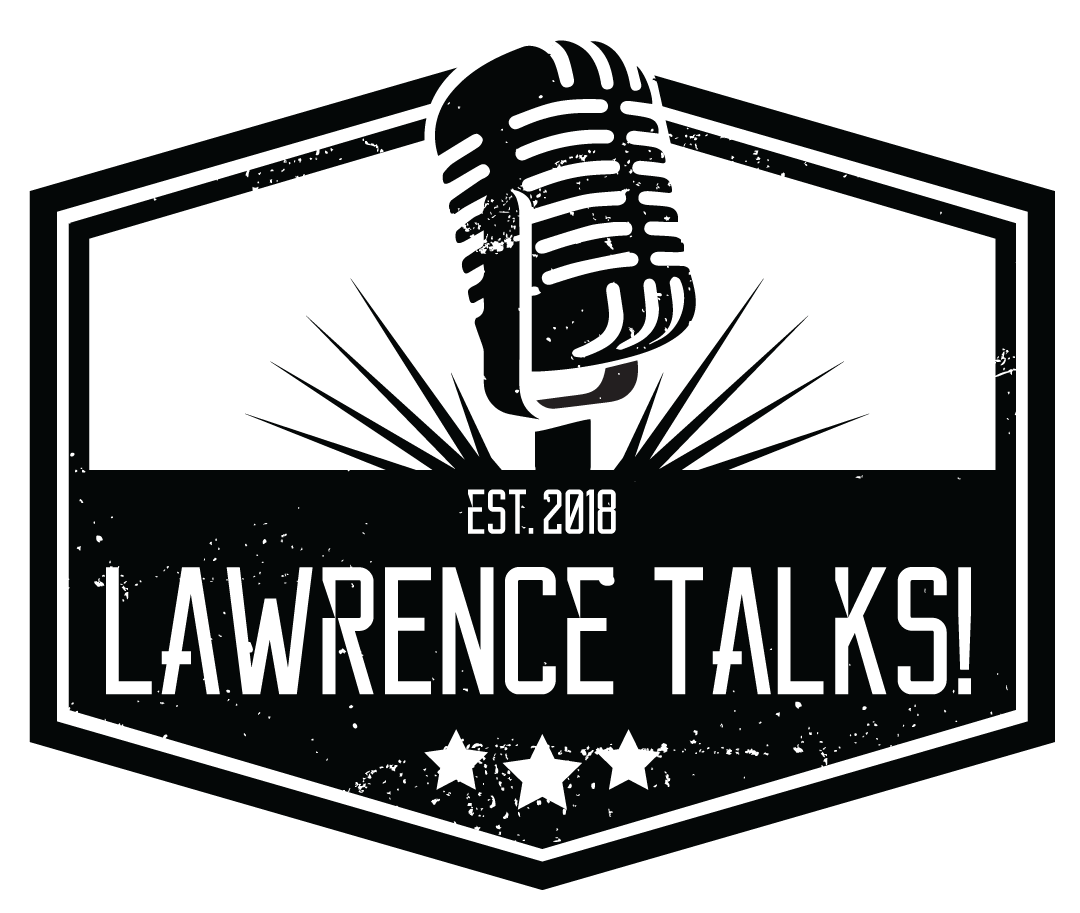Lawrence Talks Podcast S2 Ep. 7 - The U.S. Constitution and COVID-19
On Constitutional protections and the Pandemic with KU Law Professor Richard Levy
Episode S2E7: Show Notes.
As lockdown measures begin to ease up, we thought we would explore the constitutional questions they raised. Joining me in this conversation is my co-host Michael Otteson, and KU Law Professor Richard Levy.
In this episode, we take a look at what sort of statutory, institutional, and political restrictions there are in limiting just what our federal, state, and local governments are able to in combating the current pandemic. And at one point, our conversation takes a short diversion into the misuse of power our government has overseen during national emergencies.
Key Points From This Episode:
The Constitution is, perhaps frustratingly, unclear in matters involving pandemics, forced quarantines, and lockdown orders.
The Government appears to have a justifiable goal in mitigating harm or spread of COVID-19 through lockdown orders.
Neutrality towards mass gatherings seems suspect in allowing “essential” services to remain open. This only raises questions of how one defines “essential services.” Many religious observers argue that attending services in person is essential to their welfare.
The courts have historically been deferential to many of the initiatives the government has passed in responding to national emergencies (i.e. forced quarantines and the Patriot Act).
The primary limit on misuse of power is the pressure citizens place on their officials. Belief in the rule of law - that no person is above the law - is essential to keeping our government in check. So, political pressure is required to ensure misuse of power is limited to a given regime.
Constitutional questions rarely have clear answers.
